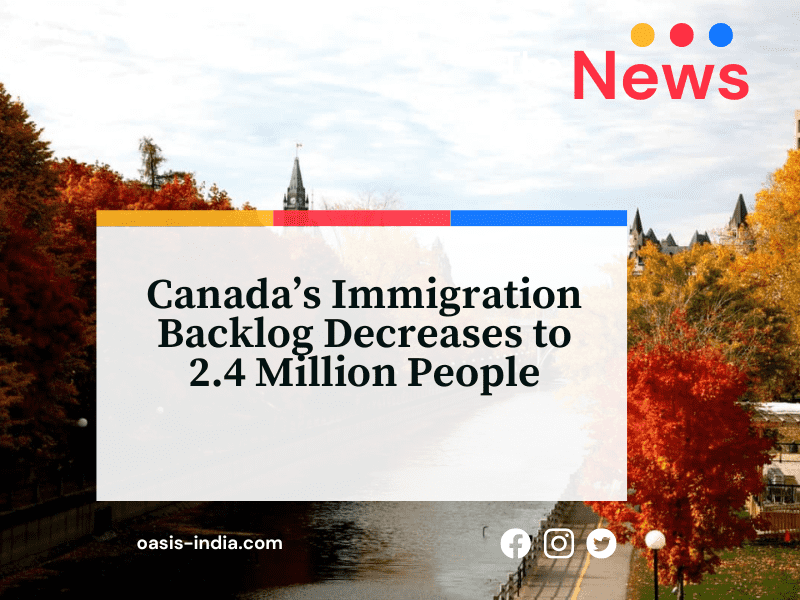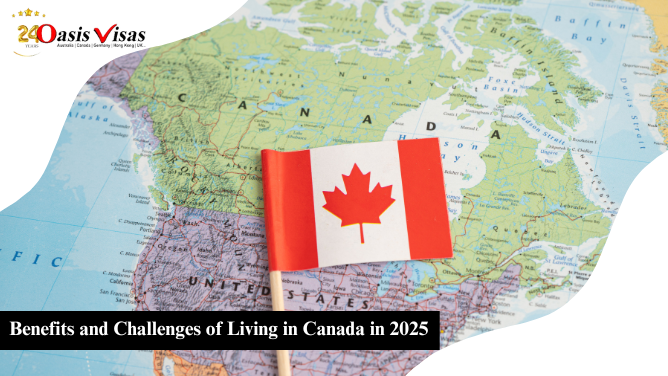
According to new data obtained from IRCC (Immigration, Refugees and Citizenship Canada), the immigration backlog in Canada has been reduced to just over 2.4 million.
IRCC provided updated data in an email to CIC News. This data is current as of November 3.
The inventory across all lines of business has developed as follows since July 2021:
- November 3, 2022: 2,411,388 persons
- September 30, 2022: 2,600,000 persons (figure rounded by IRCC)
- August 31, 2022: 2,583,827 persons
- July 15-17, 2022: 2,679,031 persons
- June 1-6, 2022: 2,387,884 persons
- April 30-May 2, 2022: 2,130,385 persons
- April 11-12, 2022: 2,031,589 persons
- March 15 and 17, 2022: 1,844,424 persons
- February 1, 2022: 1,815,628 persons
- December 15, 2021: 1,813,144 persons
- October 27, 2021: 1,792,404 persons
- July 6, 2021: 1,447,474 persons
Current Inventories
The citizenship inventory currently stands at 331,401 applicants as of October 31, as compared to 351,964 on October 3.
The permanent residence inventory, on the other hand, stands at 506,421 individuals as of November 3, as compared to 505,562 as of October 3.
The temporary residence inventory, on November 3, stood at 1,537,566 applicants, as compared to 1,651,649 individuals as of October 3.
Hence, there were drops in two of the three main categories, with the biggest decline in the temporary residence inventory.
Express Entry and PNP Inventories
There are 39,589 Express Entry applications waiting in the queue as of November 3.
IRCC (Immigration, Refugees and Citizenship Canada) has recommenced holding rounds of invitations for Express Entry applicants from all programs as of July. Draws were restricted to the candidates in the PNP (Provincial Nominee Program) between September 21, 2021, and July 6, 2022. This is owing to IRCC struggling to meet its service standard of processing applications for Express Entry candidates in six months or less.
The pause in Express Entry invitations to CEC (Canadian Experience Class) and FSWP (Federal Skilled Worker Program) allowed IRCC to decrease the inventory for Express Entry. The department is back to its 6-month service standard for those candidates who have received a PR (Permanent Residence) invitation since July 6.
Service Standards
Immigration, Refugees and Citizenship Canada aims to process 80% of applications across every line of business within service standards. Or, the goal set by the IRCC for processing the average application, which depends on the immigration program.
The service standard differs from the actual amount of time taken by the IRCC to process applications. Applications that are not processed within the service standard for their program are regarded as falling under the backlog.
According to the webpage of the IRCC, which tracks the inventory of applications across all lines of business, there were 2.6 million applications in its inventory on September 30. Of those applications, 1.5 million were considered backlog and 1.1 million were within service standards.
Each application has a different service standard. For instance, a PR application has a standard of 6 months through an Express Entry program. However, it is longer for other economic class lines of business. The service standard for spousal and child family class sponsorship is 12 months as stated by the IRCC.
IRCC Working on the Backlog
Acknowledging the backlog, IRCC says it is taking steps to boost the speed at which applications are processed.
The department targets to have a less than 50% backlog across all lines of business by the end of March 2023. IRCC, to clear the backlog on schedule, commenced the transition towards 100% digital applications for the majority of PR programs on September 23, with accommodations made for those who are not able to apply online.
Also, this transition incorporates citizenship applications, which are 100% online for each applicant over 18 years of age. IRCC is looking to make each citizenship application digital by the end of 2022, which includes minors under the age of 18.
Moreover, IRCC has made an investment of $85 million in recruiting 1,250 new staff by the end of autumn to improve processing capacity. It states that it is restructuring and modernizing the system.









